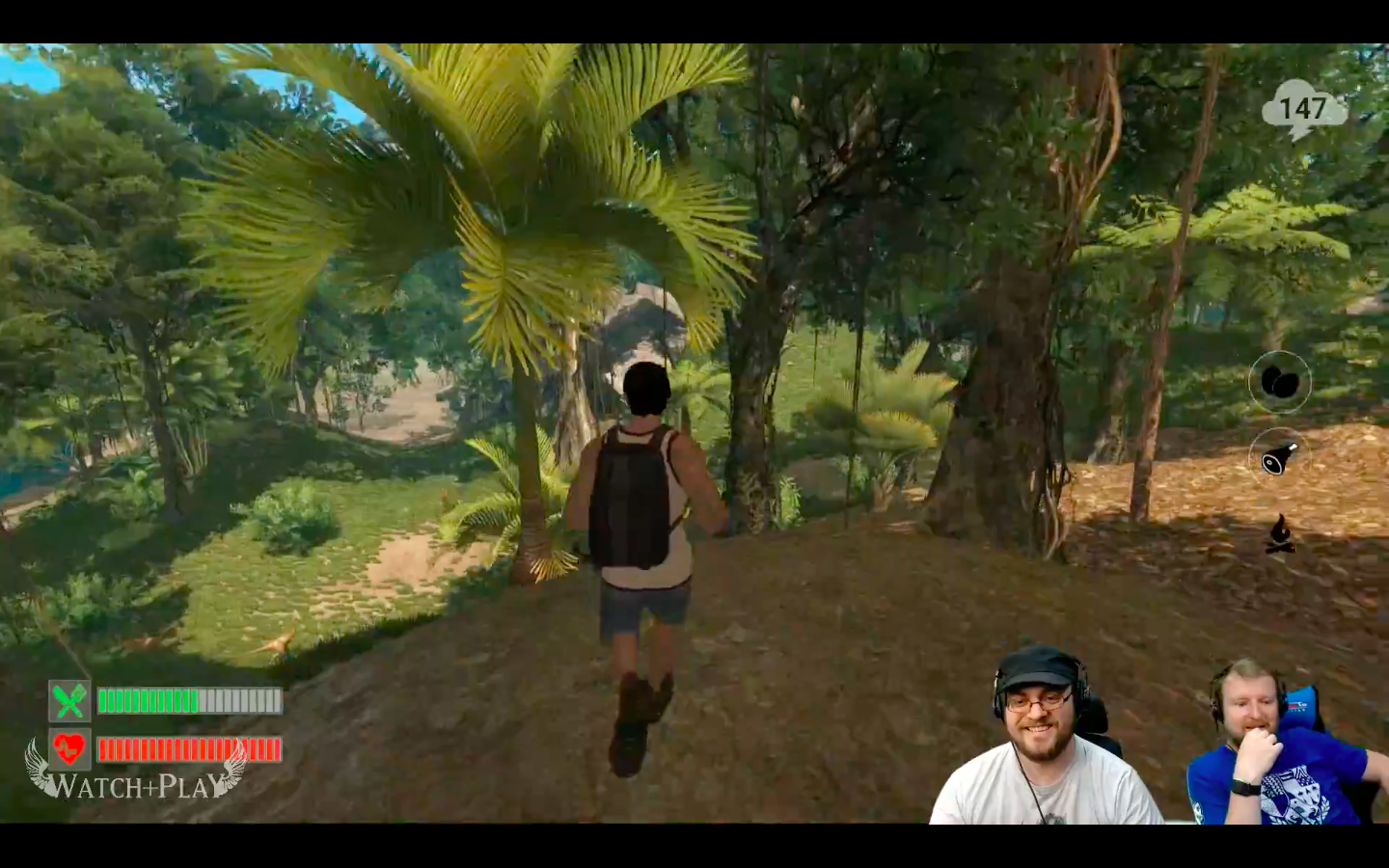In the YouTube series Monster Factory, former Polygon editors and podcasters Griffin and Justin McElroy find video games with robust or ill-considered character creator tools and use those tools to… we’ll call it their “fullest effect.” The monstrosities they come up with are often difficult to look at and sometimes literally game-breaking. But the scenarios the brothers run through are rarely if ever mean-spirited toward their creations.
As critic and filmmaker Sarah Zedig observed in their recent essay on the McElroys’ body of work, “When the brothers opt for ‘no middle sliders,’ they’re generally picking exceptional characteristics in height, weight and shape; features which are heavily policed in the real world through a perceived norm, which is itself a template which many of these character creators start with.”
The McElroys managed to create a show that highlights the goofy side of video games without denigrating the form, and challenges our expectations of what a video game character can be.
An increasing number of critics and content creators are making things in this vein; this criticism without a mean streak manages to deconstruct a movie, or a television show, or a book without taking potshots at it or nitpicking all the ways in which it is technically (if not holistically) bad.
I’d love to see more of this type of criticism about video games.
Now, I want to make a distinction here: I’m neither saying this type of criticism doesn’t exist (it sure does) nor am I saying that this type of criticism means the people engaged in it can’t ever say anything bad about a video game, ever (I sure am not saying this thing). But something I’ve noticed while reading about games over the past year is that when a game comes out that is really, really good, it seems like everybody immediately draws a consensus about it. Likewise, when a game is bad, I tend to see near-universal dismissal. I’m neither smart enough nor perceptive enough to draw any kind of esoteric conclusion from that, but maybe one thing we could do when talking about games we don’t like is… I don’t know…? Find something weird or neat about it and highlight it?
A few years ago, I started binge-watching this show on YouTube (originally on Twitch) called Watch+Play. It’s by the Canadian nerd-comedy troupe LoadingReadyRun, and it typically features two hosts, Graham and Alex, as they play through some of the truly worst games ever released. The entire hook of the show is that Alex doesn’t know what games Graham brought for him, has never played them, and will have to react to them for the first time live on stream.
Their very first episode featured a game by “FamilyPCGames Dot Com” called Prayer Warriors. It looked awful, it played even worse, it sounded like garbage (despite a bangin’ soundtrack), if it had a smell I’m sure it would be putrid Durian fruit. And Alex played it to its excruciating conclusion. It’s one of the funniest things I’ve watched, and it kind of changed how I look at video games.
When you play (or watch someone else play) nothing but garbage games, you can start to tell when a game is just a cynical asset flip versus someone’s legitimate attempt at making a first game. This leads to bigger questions, like “is this game ‘bad’ or does it simply need more work?” “What was the creator intending with this attempt?” “How would this game be received if it had more polish?” “Should we judge cynical cash-grabs more harshly?” “Should we judge bad games made by major studios more firmly?”
God, I’ve been a “writer” for almost a decade. A lot of the stuff I wrote when I was a kid is mercifully no longer readable, but some of it still is. Like this piece. Or this one. At this point most of the words I’ve put down onto a page are public. And I don’t know if that’s a good thing. I mean, sure — I get to see how much stronger of a writer I got over time but I also got to make a lot of public mistakes.
This messy exposure of the process of improvement is kind of what I’m interested in when it comes to earnestly bad games. Folks are putting games out that show wild misunderstandings of how certain development tools work, or how physics are supposed to operate, and yet they still try to tell a story. In some cases, the feedback these developers get from their bad games help them make newer, better games, and this process of improvement continues.
They’re making their mistakes in public and getting better. But I don’t know. I’m flinging shit at a wall to see what sticks. I think everyone is doing really fucking good work right now in writing and talking and thinking about games, and that all of it would be made better if we gave more consideration to bad games in the same way. That’s all.
Follow us on Twitter, Instagram and Facebook. If you want to support No Escape with dollars I guess, check out our Patreon!
